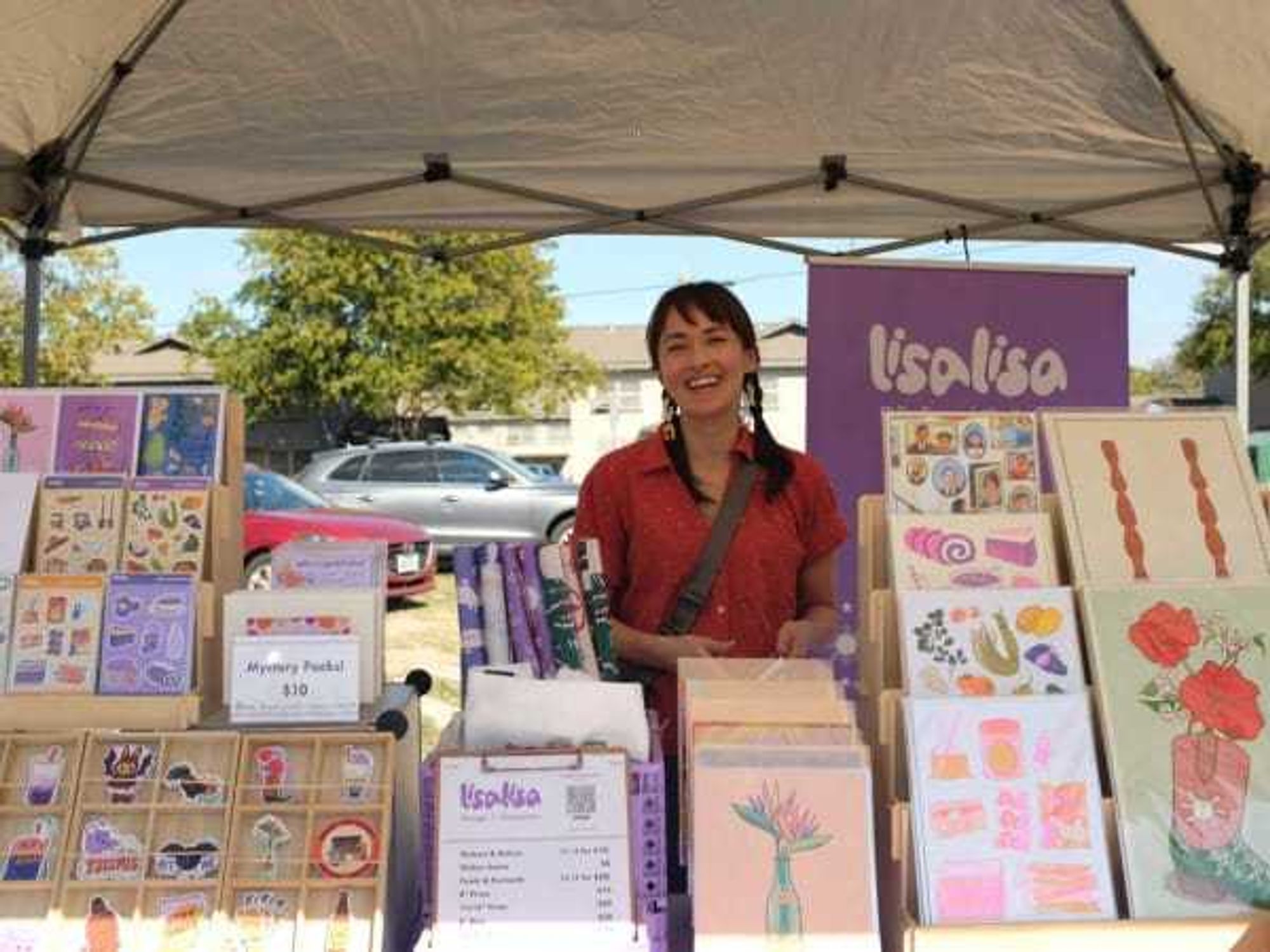self expression
Hungry for "The Free”: Writing workshops give juvenile offenders a voice
Jul 20, 2012 | 9:43 am
I’m hungry for my freedom
Cause I miss the free
I miss eating when I want to
Take a shower how long I want to
Go to sleep when I want to
All my peers feel the same way I do
Cause they wanna go home too
The boy who wrote those lines doesn’t have a name. He used to, but now his name is “Anonymous.”
Like all the other boys who live with him in the juvenile detention center, his identity is strictly protected by the juvenile justice system, so the crimes that landed him here can’t be attached to his name.
Unfortunately, neither can his voice.
This, according to Louise Hanks and Heather Jones, is one of the central challenges of running a writing workshop in a juvenile detention center. Hanks and Jones, two 25-year-old women who met at Oberlin College, first began conducting these workshops as volunteers for the nonprofit writing organization Austin Bat Cave. Now they plan to start their own nonprofit — one that focuses exclusively on giving a voice to the lonely, angry kids who are inside, or transitioning out of, juvenile detention centers.
Saturday at 2 p.m., the radio station 91.7 KOOP will broadcast the results of Hanks’s and Jones’s most recent workshop: an hour of hip-hop songs, poems, prose and personal interviews written and performed by six boys at a halfway house for juvenile offenders.
Jones, who will host the radio show, says that while book programs in detention centers fill an important void, the opportunity to write can be even more transformational. “Reading books is great. But what’s really important is having a voice. And a voice is something this population just doesn’t get.”
“We tell the kids, writing is about getting everything out. When you express emotions that are intense, it makes you feel better. And when you read it aloud to people, they hear what you have to say.”
Jones and Hanks believe that writing can help kids reflect on choices they’ve made that they may regret. “Writing is a thinking tool,” Jones explains. “It helps you reflect, it helps you process. It helps with critical thinking and decision making.”
It can also help young offenders who feel trapped in the system to cope with feelings of anger and helplessness. “We tell the kids, writing is about getting everything out. When you express emotions that are intense, it makes you feel better. And when you read it aloud to people, they hear what you have to say.”
Some kids may be hearing themselves for the first time, too.
Hanks describes one such moment. While giving each other feedback, the boys were encouraged to repeat a word or two that struck them from each piece, without adding their own commentary. One boy wrote in a piece that he had witnessed his mother try to kill herself six times. The first three boys who spoke simply repeated those words back to him, one by one: “Your mom tried to kill herself six times.”
As the sentence was repeated over and over, a sense of profound sadness and respect for the boy's experience began to build in the room.
“They’ve been through a lot,” says Hanks.
She and Jones relate how, initially lacking confidence in their ability to write, the boys in their first workshop sometimes began with simple lists or dictation. After a little practice they began to pour their emotions onto the page. “They were so hungry for writing,” says Jones.
Still, the two women were unprepared when, at the end of their first workshop, the kids asked them, “Where can we keep writing when you leave? How can we find you and do more?”
Right now, there is no way. Once they are out of juvenile detention, or “in the free,” as they call it, the young offenders are completely unreachable.
“You can’t have their information, their last names, their addresses,” laments Hanks. “We can’t even get a P.O. box for them!” This is where a physical building would come in handy, she says. “We need a space. We need a way to connect with them when they’re inside and when they’re out. We could work with them, we could really do things with them.”
Her voice, too, is hungry. Both Jones and Hanks say they want to do this kind of work every day. A facility that would enable them to do that is still a distant dream. Right now, however, Hanks and Jones welcome support and interest in their cause, particularly in the form of donations of musical instruments and recording equipment. The boys at the halfway house, they say, were transfixed by the keyboards, guitars, speakers and sound boards that a volunteer brought in when they were recording the radio stories.
Hanks emphasizes that at the juvenile detention center, young offenders get three meals a day, a bed to sleep in, and a relatively safe environment — things many of them don’t have “in the free.”
But once they’ve tasted self-expression, the boys seem to crave it at least as much.
“They don’t want to stop, we don’t want to stop. If people knew what was happening in this room, they would want to support it.”
---
You can listen to the works of juvenile residents of the Turman Halfway House on 91.7 this Saturday, July 21, 2:00-3:00 p.m. To learn more about this project or make a donation, you may contact Heather Jones and Louise Hanks at austinfreewrite@gmail.com.

 Asian vendors gathered for Tayo Na launch part, which celebrated the area's
Asian vendors gathered for Tayo Na launch part, which celebrated the area's  Asian Season ATX celebrates Asian Heritage Month at Austin Beerworks.Photo by Joi Conti Photography
Asian Season ATX celebrates Asian Heritage Month at Austin Beerworks.Photo by Joi Conti Photography